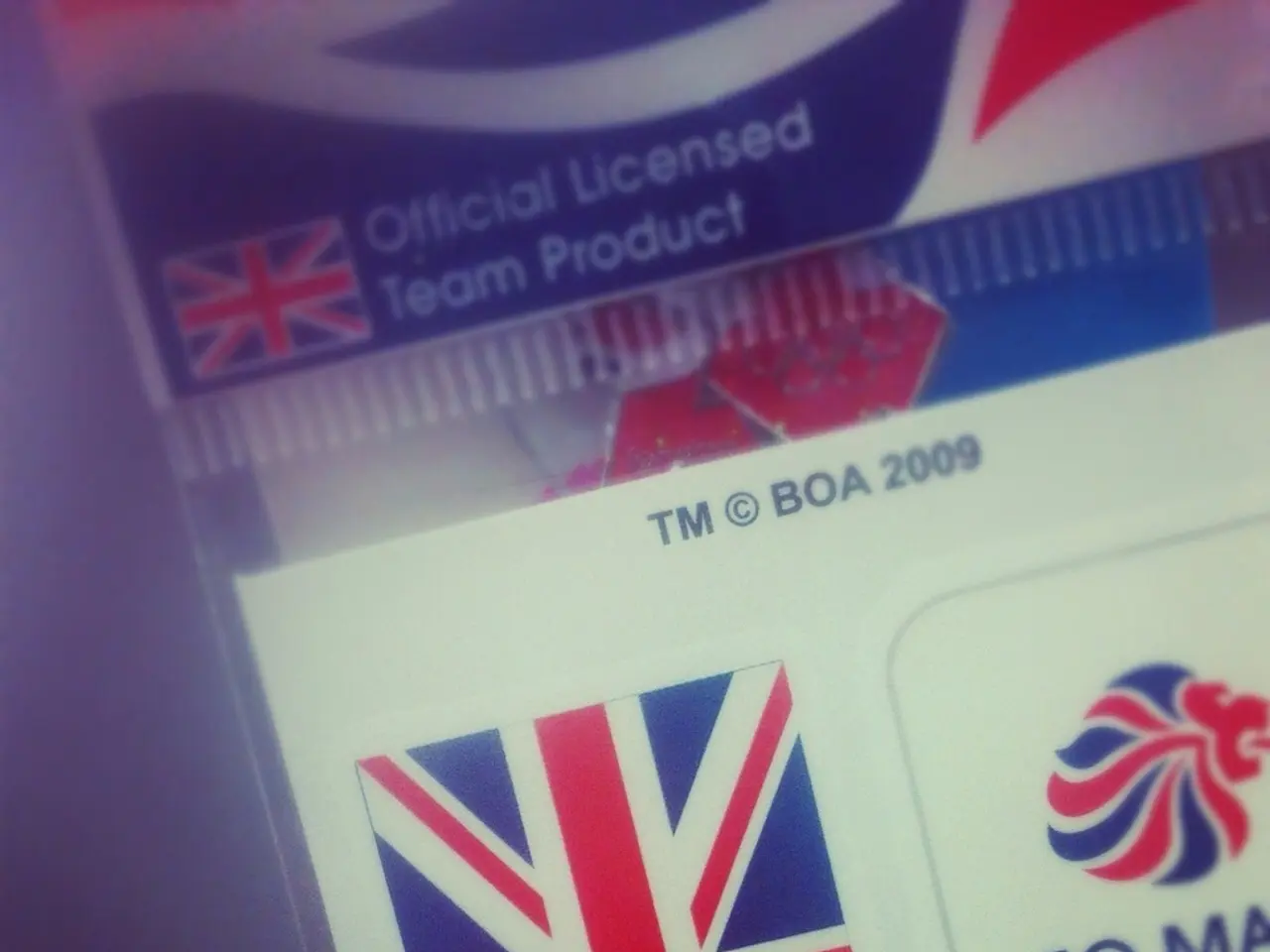Worldwide Corporations Lacking in Ensuring Domain Safety
In the digital age, cybersecurity threats loom large, and a new report from CSC highlights a significant issue that many major companies are grappling with: phishing attacks.
Phishing, a method commonly used to gain access to a corporate environment, has been identified as one of the top threats, according to the report. Despite this, it appears that many companies are failing to protect themselves and their customers from online attacks.
The report reveals that a majority of the world's largest companies, as listed in the Forbes Global 2000, are vulnerable to phishing attacks, business email compromise, and ransomware due to inadequate domain registration protection.
Phishing usually takes place through the compromise of a legitimate domain, a malicious domain registration, or through spoofing an email header. If a hacker can get control of an unsecure domain, it gives them an easy gateway to commit phishing schemes, which continue to plague companies and customers around the globe.
One example of this vulnerability is the stolen domain attack involving programming site Perl.com, another being the Tomiris backdoor attack that has indications of DNS hijacking.
The report states that 81% of the Forbes Global 2000 companies do not use registry locks, a method of securing domain names. This lack of security measures leaves these companies open to domain registration attacks.
Moreover, the report indicates that out of the domains owned by third parties among Forbes Global 2000 companies, 60% were registered from 2020 through the first half of 2021, and this percentage could rise to 68% by the end of 2021.
The report does not provide specific details on which companies are most vulnerable or the extent of the potential damage from successful attacks. However, it does suggest that there is a need for improved domain registration security among large companies to protect against cyber threats.
Corporate stakeholders are showing increased interest in understanding the risk calculus of their technology stacks, with a focus on determining whether they are a target. Dependencies on non-enterprise grade infrastructure that lack redundancy are a concern, especially during global events related to well-known brands.
A surge in copycat behavior leveraging malicious domain registrations to launch phishing attacks is a concern during global events, according to the report's author, D'Angelo. He also points to the heightened awareness and concerns about ransomware involving critical infrastructure and major U.S. companies as a backdrop for the report's release.
Researchers fear that an event like Monday's Facebook outage may provide the opportunity for malicious actors to launch a wave of phishing attacks. As the digital landscape continues to evolve, it is crucial for companies to prioritise their cybersecurity measures to protect themselves and their customers.







